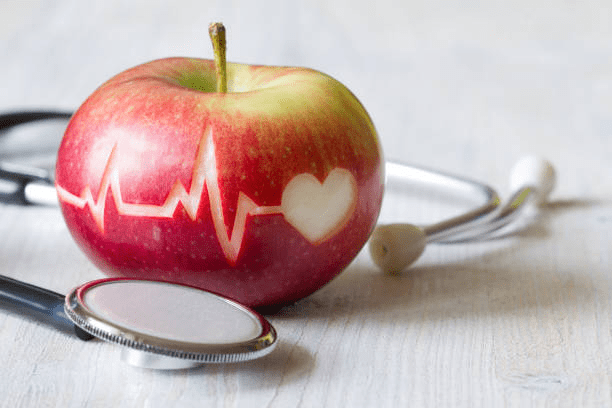
Diet, stress and exercise are just a few of the factors in our lives that could lead to elevated blood pressure. If you can keep these in the control of
your doctor, you might be able to reduce or even eliminate the need for
medication.
Studies have shown that certain lifestyle habits can lower systolic and diastolic levels, greater than the majority of commonly prescribed medicines
do.
Eat a Healthy Diet
It is possible to manage high blood pressure by making changes to their diet regardless of whether they have to use medication. The same is relevant if a
person begins early to develop healthier habits before the blood pressure gets
too high. Check out http://vitanea.pl/ultra-cardio-plus-opinie-sklad-cena-i-gdzie-kupic/ to get more info concerning blood pressure.
Diets that are high in fruits, vegetables, grains, seeds, and legumes are a great way to lower blood pressure. This is especially true if you eat less red
meat, fried foods, salt, and sugars that are added. In fact, one of the best
diets for cutting down both diastolic and systolic blood pressure is called the
Dietary Approaches to Stop Hypertension (DASH) Diet.
The potassium in bananas helps in lowering blood pressure. Eat two to four portions of bananas per week.
Omega-3-rich fish such as the salmon Atlantic mackerel as well as lake trout, along with the chia, sardines, and salmon seeds, may reduce blood pressure. The
nutrient can also be located in flaxseeds and hemp seeds, the chia seeds and
pumpkin seeds.
Exercise Regularly
It's no secret that regular physical activity is beneficial to your health. Exercise helps to manage your weight, improves the health of your heart and
eases anxiety. This is a crucial aspect in treating high blood pressure. You
should consult with your doctor before starting a new exercise routine However,
the majority of adults can comfortably engage in moderate-to-light exercise
routines like running or walking. It is also possible to try rowing or swimming,
dancing or even lifting light weights using a machine like a Nautilus or
dumbbells.
But, it's crucial to gradually work up to these workouts. "Ask your physician about the appropriate levels of exercise and what to expect, such as a rise in
heart rate or blood pressure" claims clinical exercise physiologist Laura Gray.
The measurements typically rise, but then fall during exercising. But they
should never be at a level that is dangerous. The result could suggest that you
are overexerting yourself. Be sure to take 10 minutes to warm up before you
exercise and take a break afterward in order to avoid injury.
Take a restful night and get enough sleep
people who are susceptible to heart disease frequently suffer from sleep disorders. We all know that getting an adequate night's sleep is essential for
feeling energized and avoiding dark circles under the eyes, but having enough
rest is essential for heart health.
Researchers have discovered that a lack of sleep between seven to nine hours a evening can cause hypertension and make it worse in those who already have
this condition. The reason for this is that a insufficient amount of sleep could
trigger the body to release excessive stress hormones. This can lead to an
increase in the heart rate. This increases blood pressure.
Smoking, obesity, an inactive lifestyle, and excessive sodium intake can all lead to high blood pressure. However, the good news is that the majority of
these elements are in your control. You can keep your blood-pressure in a
healthy level through limiting sodium intake exercise, exercising frequently and
reducing stress. Sleeping more can aid, so make sure you sleep at the same time
every evening and limit screen time before the bed.
Manage Your Stress
Although stress that is short-term for example, like meeting an important deadline at work, or arguing with your spouse can temporarily raise blood
pressure, it generally is back to normal when the stressful event is over.
Continuous stress could cause issues such as difficulty sleeping, high pressure,
and the accumulation of weight. Stress can cause unhealthy habits like drinking
alcohol, smoking or eating foods that are unhealthy.
Some risk factors for high blood pressure are out in your hands like age or the family history. However, many can be changed, such as getting enough sleep
and maintaining a healthy diet that is low in salt, fat and sugar. Stress
management may also help reduce the blood pressure. It is possible to do this by
regularly exercising, staying away from smoking cigarettes and drinking
excessively as well as managing weight and experimenting with relaxation
techniques such as deep breathing or meditation. Talk to your physician about
these methods.